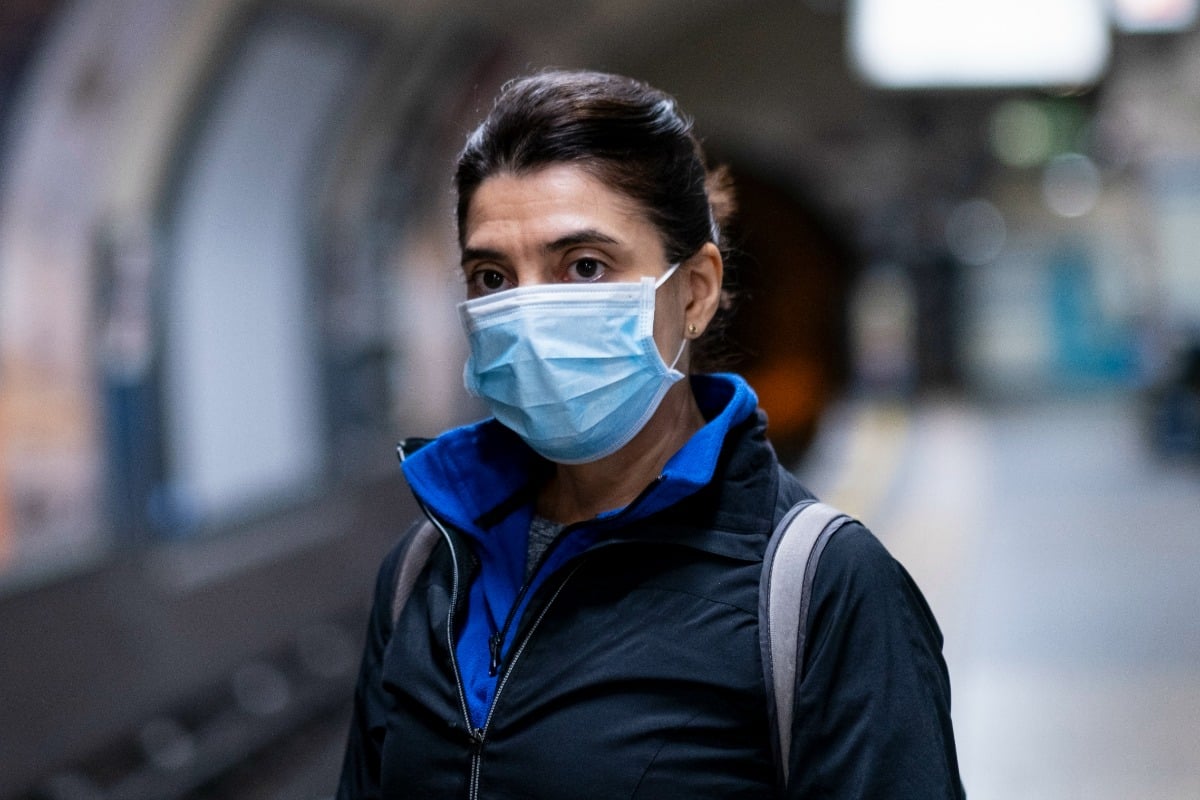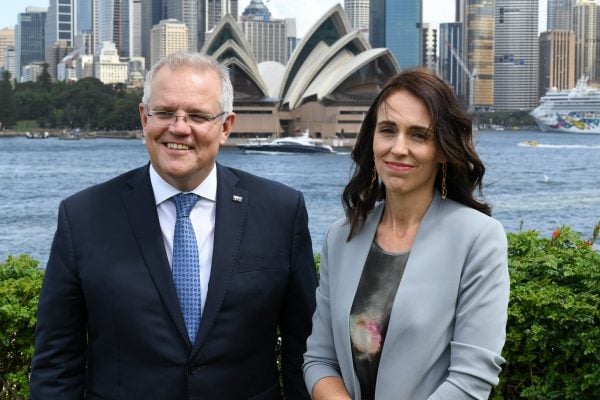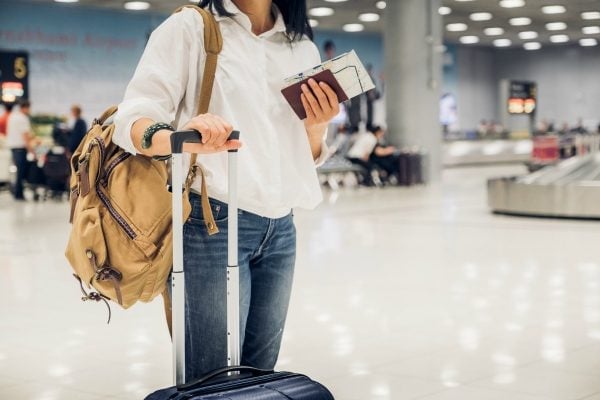
Since the COVID-19 pandemic began, one thing has been clear: international travel will most likely be the last industry to return to normal.
While domestic travel is likely to resume before the end of the year, the International Air Transport Association (IATA) – the top industry body for air travel worldwide – has confirmed that overseas travel is unlikely to return to normal until 2023.
Speaking to ABC News Breakfast on Thursday morning, IATA chief executive Alexandre de Juniac delivered the forecast for future international travel.
Side note: These are the types of people you always run into at the airport. Post continues below.
“We have published today a new forecast about the potential recovery of air traffic, and what we see is that things should come back to normal in 2023, which is later than our previous forecast,” he said.
“That shows, you know, the importance and the severity of the crisis on air transport,” he added.
He also confirmed that plans are underway to reboot air travel slowly and in stages.
“We have planned is to restart the industry, first by reopening the domestic markets, then regional continental markets, such as Asia-Pacific, or Europe, or North America,” he confirmed.



Top Comments